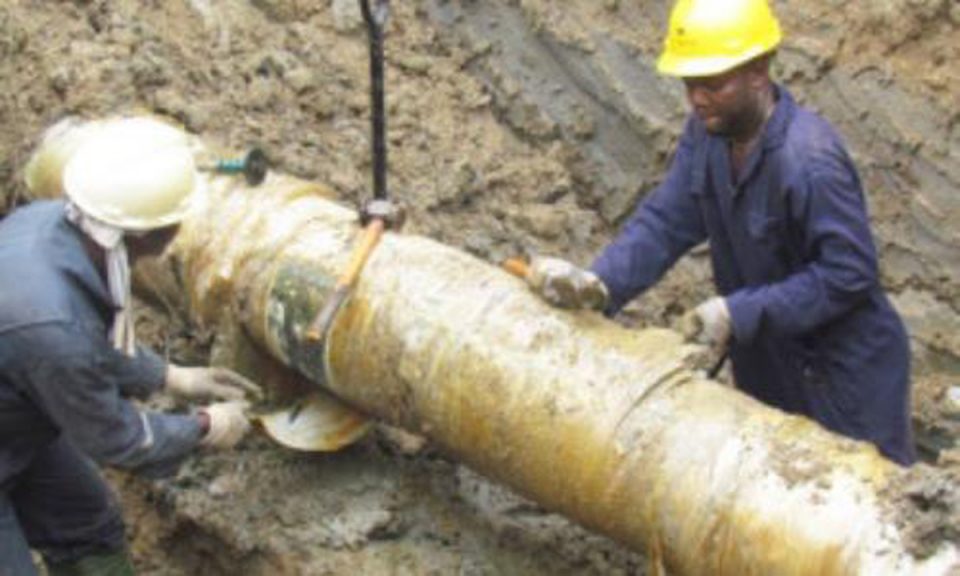At a time of economic uncertainty, it is sad that Nigeria loses about 400,000 barrels of crude oil to oil thieves per day. According to the Nigeria Natural Resources Charter, the country lost about N4.75 trillion in three years, between 2015 and 2018, to oil theft. This showed that the Federal Government lost about three per cent of its revenue to oil theft. Also, N60 billion was reportedly spent to repair vandalised oil pipelines across the country.
This was disclosed recently at a Town Hall meeting on protecting oil and gas infrastructure, which was organised by the Ministry of Information and Culture in Abuja. The amount lost to oil theft and pipeline vandalism is staggering. Between 2019 and September 2020, a total of 1,161 pipeline points nationwide were reportedly vandalised.
This put Nigeria on the oil sector map as the most notorious nation in the world for oil theft. Mexico, which comes a distant second-worst affected country, only recorded between 5,000 and 10,000 barrels per day of stolen oil. Data from the National Oil Spillage Reduction Monitor Agency shows that between 2015 and this year, the total number of spills recorded in the Niger Delta region was 4,919, while the volume of oil spilled was 235,206 barrels.
Pipeline vandalism accounts for the major problem that has contributed to the environmental degradation in the Niger Delta especially in Ogoniland where the clean-up exercise is moving slowly. The frequent attacks on oil facilities in Niger Delta may not be unconnected with the poor governance and perceived neglect of the oil-bearing region. This has led to much revenue loss to the country. The money lost to oil theft and pipeline vandalisation would have been used to fund education, health, housing and ensure the general well-being of the people. Also, oil companies have lost huge revenue as a result of pipeline vandalisation.
Considering the amount of revenue lost to oil theft and pipeline vandalism, it is high time the government deployed technology, such as drones, to secure the oil pipelines. Arresting and prosecuting oil vandals will deter others from embarking on such unpatriotic ventures.
Besides, there is need to enforce the relevant laws and regulations, in line with the Environmental Impact Assessment (EIA) Act. The EIA ensures that measures are put in place to protect the environment as well as the protection of the health of the people in oil-bearing communities. Government should increase awareness on the negative consequences of oil theft and vandalism. In addition, it has become imperative to hold regular meetings with key oil and gas operators on how to minimise oil pollution and loss of revenue due to pipeline vandalism. About 90 per cent of the country’s foreign reserve comes from oil and gas sector.
Also, government should look into reports by the Nigeria Extractive Industries Transparency Initiative (NEITI) that the nation loses about $4.1(N123billion at official exchange rate of N305/$) annually due to poor crude oil production metering. In the report, which has been submitted to the government, the oil and gas industry watchdog said unless government took appropriate measures, limitations in the metering of crude oil production would adversely affect the nation’s revenue target. Government realised only 58 per cent of its projected revenues from January to June 2019.
According to data from the agency, Nigeria is the only oil-producing country without metering to ascertain the accurate quantity of crude produced at any given time. The installation of metering will ensure due process in the sector and minimise oil theft.
From 2012-2015, Nigeria lost over $9.89billion worth of crude oil due to poor metering infrastructure. Within this period, over 107 million barrels of oil were not properly accounted for. The latest figure shows that Nigeria loses over 400,000 barrels of crude oil per day to oil thieves or over $250 million daily in revenue.
Without doubt, oil theft is one of the biggest illicit businesses in the oil-rich Niger Delta region. Considering the huge revenue loss to the economy, let government not hesitate to put the metering infrastructure in place. Any plan to sanitise the oil and gas sector must begin with checking the activities of oil thieves.




